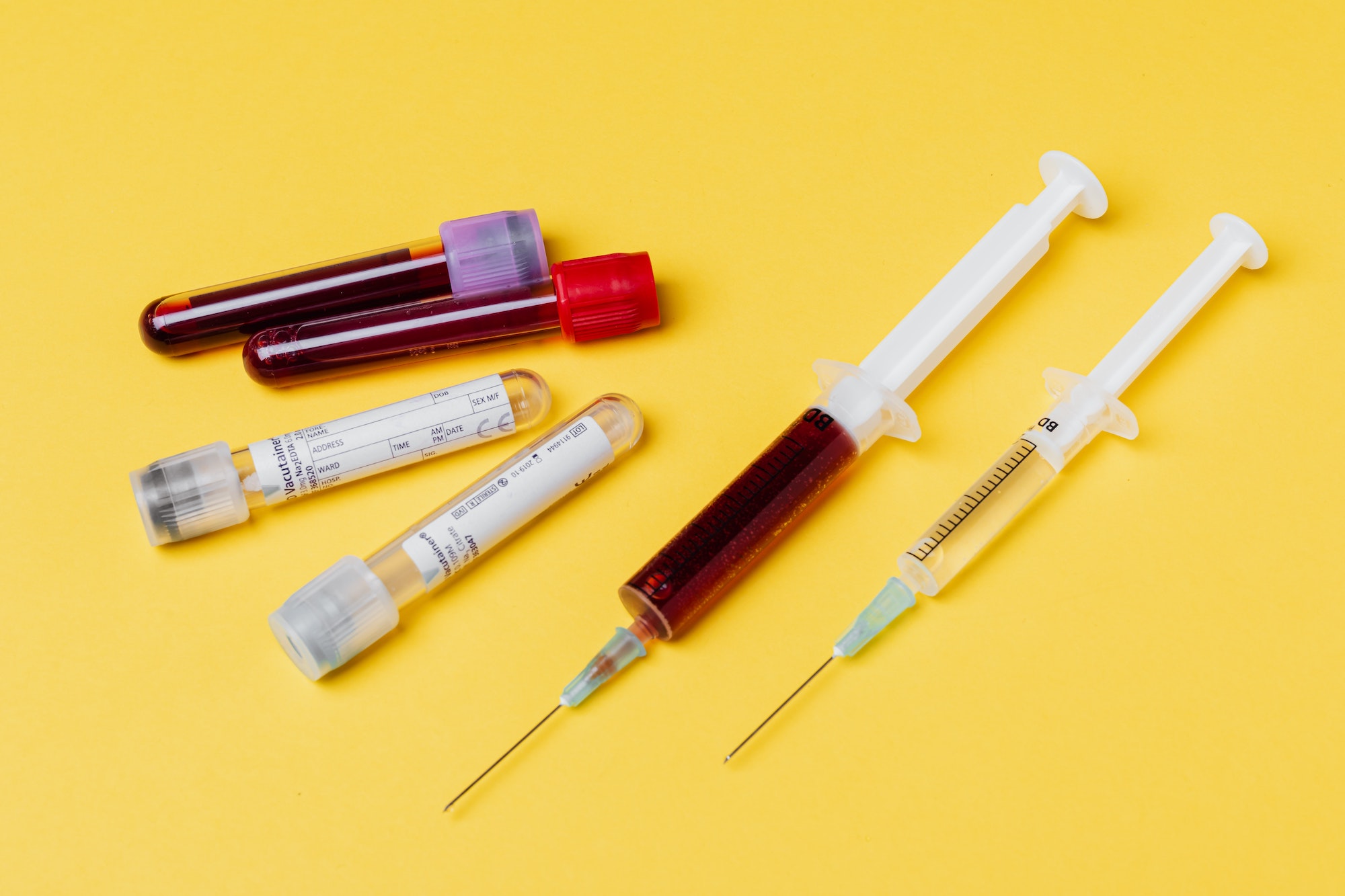 Health & Physiology
Health & Physiology
The needle-free detection of SARS-CoV-2-specific antibodies from urine
Recently, we developed a new way to identify SARS-CoV-2 antibodies without blood samples and needles. The assay detects these specific antibodies using urine instead of blood samples. Thus, people unable to perform blood puncture will be able to benefit from the possibility of checking for the presence of anti-SARS-CoV-2 antibody produced after a recent infection without any need for a needle.

While serological tests are not intended to diagnose an acute SARS-CoV-2 (COVID-19) infection, they can indicate the presence of antibodies generated from previous viral exposure or vaccination. Several diagnostic kits to assess the presence of SARS-CoV-2 antibodies are available on the market, all using blood/serum as a sample. Although considered minimally invasive, blood collection can be unpleasant due to the needle used, difficult to execute in some physical circumstances, and challenging in areas with limited healthcare resources, differently from the urine that humans naturally expel.
The presence of antibodies in the urine has been poorly studied and understood. It is probably why researchers and R&D worldwide have not chosen to investigate urine for COVID-19 until now. However, the few relevant scientific publications for other infectious diseases have shown the plausibility of urine for searching for antibodies, inspiring and motivating us to translate this idea to COVID-19. We developed the test based on the quantitative and qualitative evaluation of the presence of antibodies for ~95 samples in a single test plate. The study analyzed 209 urine samples, collected between 2 to 60 days post symptoms, from patients with SARS-CoV-2 infection confirmed by PCR (Polymerase Chain Reaction). Thirty negative samples were collected before the COVID-19 pandemic or from people who maintained rigorous quarantine.
The urine-based analysis demonstrated a specificity of 100%, meaning no false-positive results, and a sensitivity of 94%, meaning that of every 100 people who had been infected with the new coronavirus, 94 were identified. We compared paired serum samples from the same patients using a previously validated serum test demonstrating 100% specificity and 88% sensitivity.
By using this test, it is possible to distinguish the antibodies generated by the spike protein of the COVID-19 mRNA vaccines from other proteins of the virus. Thus, our test can still detect antibodies upon infection even in a vaccinated person who misses the opportunity of being tested for the active COVID-19 by PCR or antigen.
Our study presents a proof-of-concept that eliminates the necessity of needles for antibody assessments for COVID-19, as well as for other diseases in the future. As many more people will not be afraid of testing for antibodies, this could have a beneficial effect on an individual and population level. Also, urine samples collected in any period of the day could be used, not only the first-morning sample. Let’s focus on the use of needles for what’s most matters, vaccination!
Original Article:
Ludolf, F., Ramos, F. F., Bagno, F. F., Oliveira-da-Silva, J. A., Reis, T. A. R., Christodoulides, M., Vassallo, P. F., Ravetti, C. G., Nobre, V., da Fonseca, F. G., & Coelho, E. A. F. (2022). Detecting anti–SARS-CoV-2 antibodies in urine samples: A noninvasive and sensitive way to assay COVID-19 immune conversion. Science Advances, 8(19). https://doi.org/10.1126/sciadv.abn7424Next read: Low and Mighty: How Low-Affinity Antibodies Boost Cancer Immunotherapy by Christian Orr , Chelsea Norman , Mark Cragg
Edited by:
Isa Ozdemir , Senior Scientific Editor
We thought you might like
Obesity: The heavyweight of cancer
Apr 12, 2018 in Health & Physiology | 4 min read by Daniela Quail , Oakley Olson , Johanna JoyceThe Janus-Faced Nature of Cancer Immunity
Sep 21, 2020 in Health & Physiology | 3.5 min read by Chih-Wei Lin , Richard LernerFrom days to hours: detecting SARS-CoV-2 neutralizing antibodies
Jun 14, 2021 in Health & Physiology | 4 min read by Charles Kevin Tiu , Vivian Chih-Wei ChenMild or severe COVID-19? An antibody story
Aug 30, 2021 in Health & Physiology | 3.5 min read by Arjun Arkal Rao , Alexis J. CombesMore from Health & Physiology
Tobacco smoking and other exposures shut off cancer-fighting genes
Aug 31, 2024 in Health & Physiology | 3 min read by Jüri Reimand , Nina AdlerA hidden clock that times cytoplasmic divisions
Aug 30, 2024 in Health & Physiology | 3 min read by Cindy OwWhen two kinases go for a dance
Aug 2, 2024 in Health & Physiology | 4 min read by Ioannis Galdadas , Francesco Luigi Gervasio , Pauline JuyouxAwakening the thymus to cure SARS-CoV-2 infection: a matter of genes
Jul 27, 2024 in Health & Physiology | 3.5 min read by Stefano Marullo , Cheynier RemiKeeping the balance: How epigenetics monitors cancer genes
May 13, 2024 in Health & Physiology | 4 min read by Zach Gray , Madison Honer , Johnathan WhetstineEditor's picks
Trending now
Popular topics


